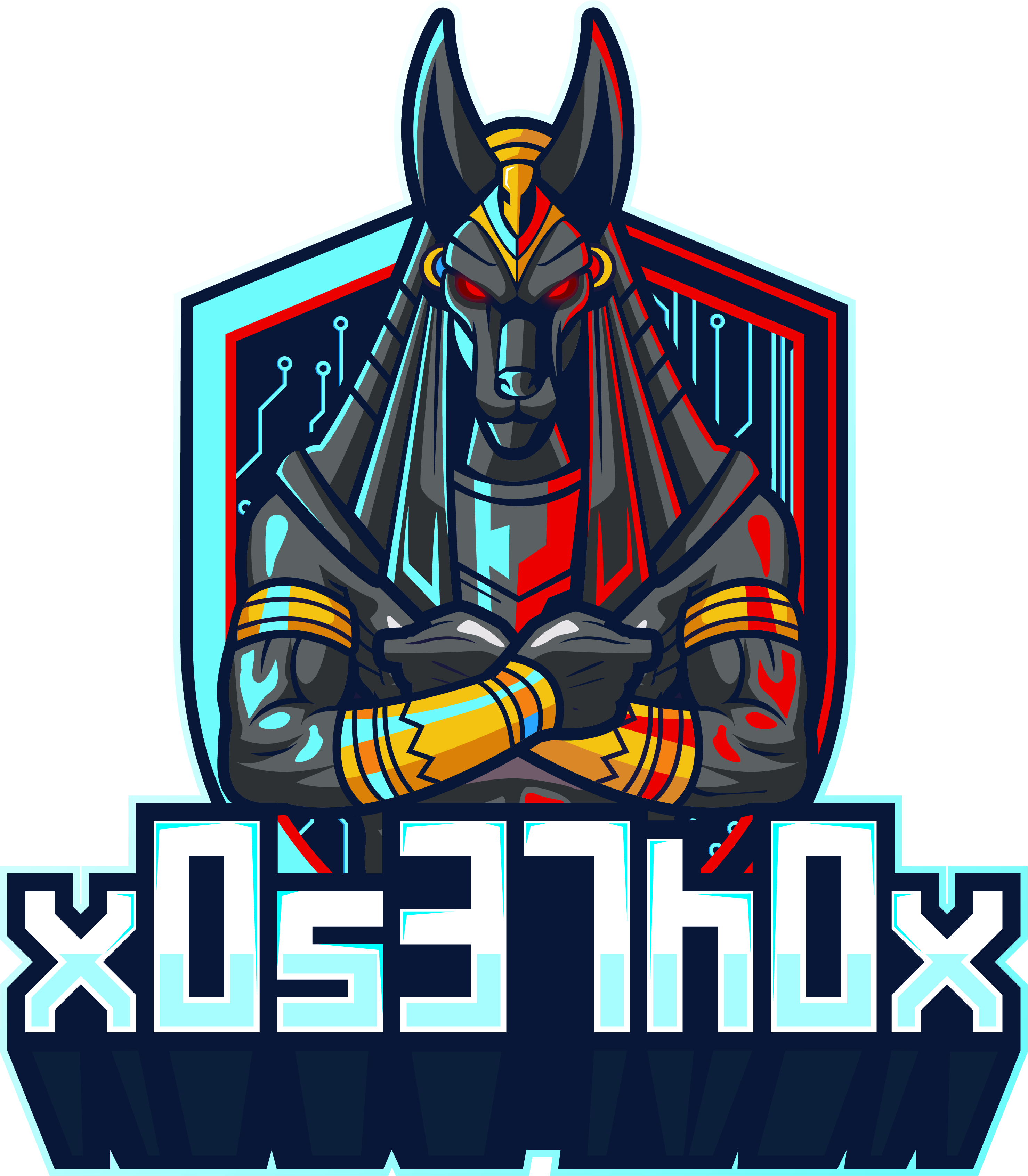x0s37h0x // GENERAL NEWS
C++ Programming – A Comprehensive Guide

C++ Programming – A Comprehensive Guide
Why C++?
C++ is one of the most widely used programming languages in the world, offering a powerful combination of speed and flexibility. It is used in a variety of applications, from operating systems and games to financial systems. C++ is particularly known for its efficiency and control over hardware resources.
Core Features of C++
Object-Oriented Programming (OOP): C++ supports object-oriented programming, which means that developers can use classes and objects to structure complex programs. OOP facilitates code reuse and modularization, making it easier to manage large projects.
Low-Level Manipulation: C++ allows direct access to memory and hardware, enabling fine-grained control and high performance. Pointers and manual memory management are central elements, giving programmers the ability to optimize resource use.
Standard Template Library (STL): The STL is a powerful library that extends C++ with data structures like vectors, lists, and maps, as well as algorithms for manipulating these structures. This saves time and promotes efficient programming.
Polymorphism: With polymorphism, an object can be used in different ways depending on the context. This is an essential feature of flexibility in C++, allowing the same interface to be used for different underlying data types.
Applications of C++
Game Development: C++ is the preferred choice for developing AAA games and game engines (e.g., Unreal Engine) because it offers excellent performance and control over system resources, which are crucial for high-quality gaming experiences.
System Programming: Many operating systems and low-level applications are written in C++ because it allows for high throughput and low latency, which are essential for system-level operations.
Financial Applications: In the financial industry, C++ is popular due to its speed and ability to handle large-scale parallel processing, making it ideal for high-frequency trading and other computationally intensive tasks.
Challenges and Tips
C++ can be challenging due to its complexity and the need for a deep understanding of memory management and pointers. Beginners should gradually familiarize themselves with the basics and focus on understanding memory management thoroughly. It is also helpful to become acquainted with modern C++ standards like C++11, C++14, and beyond, as these introduce many improvements and simplifications that make programming easier and more efficient.
------------------------------------------------------------
German Version
-----------------------------------------------------------
C++ Programmierung – Ein umfassender Leitfaden
Warum C++?
C++ ist eine der meistverwendeten Programmiersprachen der Welt und bietet eine leistungsfähige Kombination aus Geschwindigkeit und Flexibilität. Es wird in einer Vielzahl von Anwendungen eingesetzt, von Betriebssystemen über Spiele bis hin zu Finanzsystemen. C++ ist besonders bekannt für seine Effizienz und Kontrolle über Hardware-Ressourcen.
Grundlegende Merkmale von C++
Objektorientierung: C++ unterstützt objektorientierte Programmierung (OOP), was bedeutet, dass Entwickler Klassen und Objekte nutzen können, um komplexe Programme zu strukturieren. OOP ermöglicht es, Code wiederzuverwenden und zu modularisieren.
Low-Level-Manipulation: C++ ermöglicht direkten Zugriff auf Speicher und Hardware, was eine feinkörnige Kontrolle und hohe Leistung ermöglicht. Pointer und manuelle Speicherverwaltung sind zentrale Elemente.
Standard Template Library (STL): STL ist eine mächtige Bibliothek, die C++ um Datenstrukturen wie Vektoren, Listen und Maps sowie Algorithmen zur Manipulation dieser Strukturen erweitert. Dies spart Zeit und fördert effiziente Programmierung.
Polymorphismus: Mit Polymorphismus kann ein Objekt auf verschiedene Arten verwendet werden, je nachdem, welcher Kontext erforderlich ist. Dies ist ein wesentliches Merkmal der Flexibilität in C++.
Anwendungen von C++
Spielentwicklung: C++ ist die bevorzugte Wahl für die Entwicklung von AAA-Spielen und Spiel-Engines (z.B. Unreal Engine), da es eine hervorragende Leistung und Kontrolle über Systemressourcen bietet.
Systemprogrammierung: Viele Betriebssysteme und systemnahe Anwendungen werden in C++ geschrieben, da es sowohl hohen Durchsatz als auch niedrige Latenzzeiten ermöglicht.
Finanzanwendungen: In der Finanzbranche ist C++ aufgrund seiner Geschwindigkeit und Fähigkeit zur parallelen Verarbeitung großer Datenmengen beliebt.
Herausforderungen und Tipps
C++ kann aufgrund seiner Komplexität und der Notwendigkeit eines tiefen Verständnisses für Speicherverwaltung und Pointer herausfordernd sein. Anfänger sollten sich schrittweise mit den Grundlagen vertraut machen und viel Wert auf das Verständnis der Speicherverwaltung legen. Es ist auch hilfreich, sich mit modernen C++-Standards wie C++11, C++14 und darüber hinaus vertraut zu machen, da diese viele Verbesserungen und Vereinfachungen bieten.






